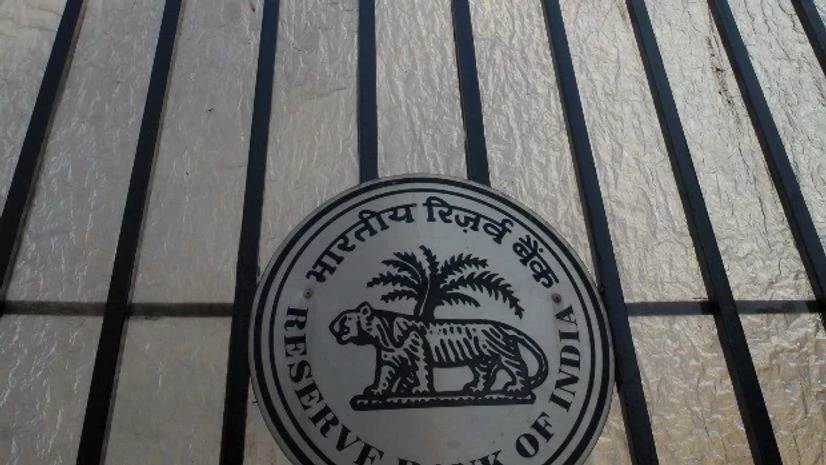The Reserve Bank of India (RBI) on Monday proposed to charge margins on over-the-counter derivatives not cleared by a central counter-party.
A central counter-party like Clearing Corporation of India Ltd (CCIL) takes margins from both parties and guarantees a deal. In the absence of this, parties entering into a contract set aside margins between themselves after signing standardised agreements.
India is part of an effort to set global standards to ‘ring-fence’ the economy from risky derivatives that encourage excessive and opaque risk-taking. By these standards, all over-the-counter derivatives should be traded on exchanges, if possible, or such contracts should be cleared by a central counter-party. So, non-centrally cleared derivatives should be subjected to higher capital requirements and attract margin requirements.
Also Read
Apart from de-risking the system, this will also promote central clearing, RBI’s discussion paper said. “For the time being, it is proposed to apply the margin requirements, in a phased manner, to all financial entities (like banks, insurance companies, mutual funds, etc) and certain large non-financial entities. The latter will, for this purpose, be entities having aggregate notional amount of outstanding non-centrally cleared derivatives at or more than Rs 1 lakh crore, at a consolidated groupwide basis.”
The exchange of initial margin will be applied with a threshold of Rs 350 crore, made applicable on a consolidated group level. There are many such instruments that are cleared through CCIL but also without involving a counter-party. For example, currency and interest rate swaps might or might not involve a central counter-party, said a person who worked closely with CCIL on such derivatives. Such non-centrally cleared derivatives can include various forms of interest rate swaps (like overnight index swaps), foreign currency swaps (for example, dollar interest rate swaps), etc. In India, all inter-bank foreign exchange forwards are cleared through a central counter-party, while banks are not permitted to transact in equity and commodity derivatives.
RBI, in its discussion paper, said: “Margin requirements will generally apply to all non-centrally cleared derivatives, where at least one of the parties to the transaction is a scheduled bank or other agency falling under the regulatory purview of the RBI.”
The swaps can be ‘initial’ or ‘variation’. This means between two parties, one party fills mark to market losses (downgrading asset values in line with current prices) of the contract by paying the margin to the counter-party. However, only variation margin requirements will be applicable to foreign exchange forwards and swaps which are physically settled and such contracts will not need initial margin requirements, RBI’s paper proposes. These contracts are mostly used for hedging and do not give rise to a high amount of potential future exposure.
Small and medium enterprises or those counter-parties that do not have access to central clearing facilities would be excluded from such margin requirements. Sovereigns, central banks and multilateral agencies should also be excluded, it is proposed.
DE-RISKING SYSTEM
-
India is part of an effort to set global standards to ‘ring-fence’ the economy from risky derivatives that encourage excessive and opaque risk taking
-
By the new standards, all over-the-counter derivatives should be traded on exchanges
-
Apart from de-risking the system, this will also promote central clearing
- In India, all inter-bank foreign exchange forwards are cleared through a central counter-party, while banks are not permitted to transact in equity and commodity derivatives

)
